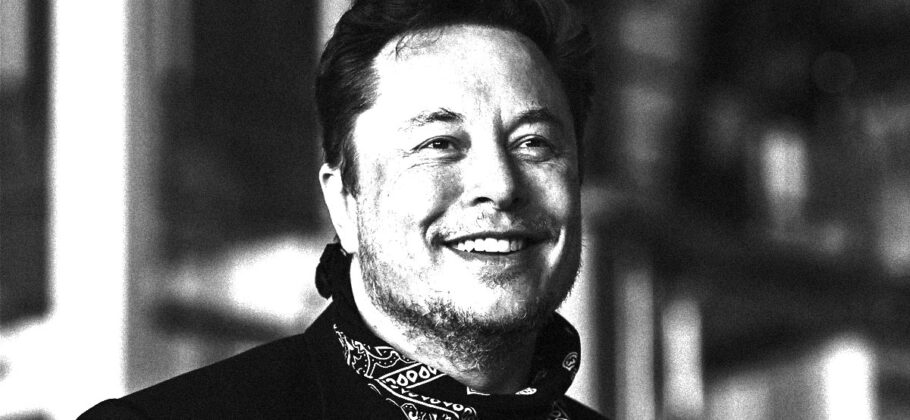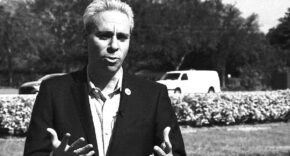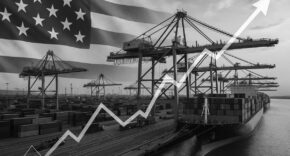A Record-Breaking Vote of Confidence
Tesla shareholders have approved a staggering $878 billion pay package for CEO Elon Musk, marking the largest executive compensation plan in corporate history. The approval came during Tesla’s annual meeting in Austin, Texas, where more than 75 percent of voting shareholders endorsed the plan. The vote represents a decisive show of confidence in Musk’s vision to transform Tesla from an electric vehicle manufacturer into a global leader in artificial intelligence and robotics.
The approval followed months of debate and legal challenges that had delayed a previous compensation plan in Delaware, prompting Tesla to relocate its corporate registration to Texas. With the move complete, Musk was able to exercise the full voting power of his roughly 15 percent ownership stake, ensuring strong support among individual and institutional investors.
What the Shareholders Approved
Under the new plan, Musk could earn up to $878 billion in Tesla stock over the next decade. The total award is structured around a series of ambitious milestones that tie compensation to Tesla’s growth in production, technology, and profitability. For Musk to receive the full amount, Tesla’s market capitalization must rise from its current $1.5 trillion to as high as $8.5 trillion, alongside major operational targets.
The conditions include delivering 20 million vehicles within ten years, deploying one million autonomous robotaxis, and selling one million humanoid robots. Tesla must also generate as much as $400 billion in annual core profit. These performance-based triggers mean Musk’s payout will only occur if Tesla’s success scales dramatically beyond its current achievements.
Financially, Tesla remains one of the most valuable companies in the world, with a current valuation near $1.5 trillion and growing ambitions in energy, robotics, and AI. However, the company has faced headwinds from slowing EV demand, competition from Chinese automakers, and reputational challenges tied to Musk’s political commentary. Analysts described the vote as a net positive for Tesla’s stock, which rose about 2 percent in after-hours trading following the announcement.
The company also approved governance reforms, including replacing its supermajority voting threshold with a simple majority and reelecting three board members. These changes, according to supporters, streamline decision-making and align the company more closely with Musk’s leadership.
Musk’s Vision and Reaction
Appearing on stage in Austin surrounded by Tesla’s humanoid robots, Musk told shareholders, “What we are about to embark upon is not merely a new chapter of the future of Tesla, but a whole new book. This really is going to be quite the story.” With his usual mix of confidence and showmanship, he added, “Other shareholder meetings are like snoozefests, but ours are bangers. I mean, look at this. This is sick.”
Musk’s remarks emphasized his ambition to push Tesla beyond electric vehicles into a future defined by AI and autonomous systems. His separate ventures—SpaceX, Neuralink, and xAI—are seen by supporters as extensions of that same technological ecosystem, though critics have warned about potential conflicts of interest.
Divided Opinions Among Investors
Not all shareholders were enthusiastic. Norway’s sovereign wealth fund, one of Tesla’s major institutional investors, voted against the package, calling it excessive. Proxy advisory groups also labeled the plan “exorbitant,” arguing it concentrated too much power in Musk’s hands and diluted long-term shareholder oversight. Tesla’s board countered that the package ensures Musk remains fully committed to Tesla rather than dividing his focus among his other ventures.
The board had previously warned that Musk could walk away if the plan was rejected, a risk that likely influenced the outcome of the vote. Many investors view Musk’s leadership as inseparable from Tesla’s identity and success, even as his outspoken political positions have at times strained the company’s brand.
With the record-setting compensation plan approved, Tesla now faces the challenge of meeting its audacious targets. The company’s ability to deliver on its AI-driven transformation—expanding self-driving capabilities, launching robotaxis, and mass-producing humanoid robots—will determine whether Musk ever sees the full value of his pay package.
For now, the shareholder vote stands as a massive endorsement of his leadership and vision. Whether Tesla’s next decade fulfills those expectations will depend on the company’s execution in an increasingly competitive and fast-changing technological landscape.





